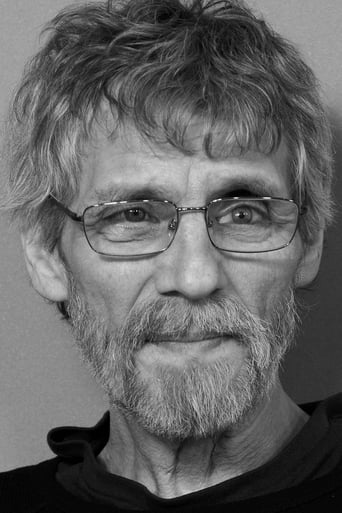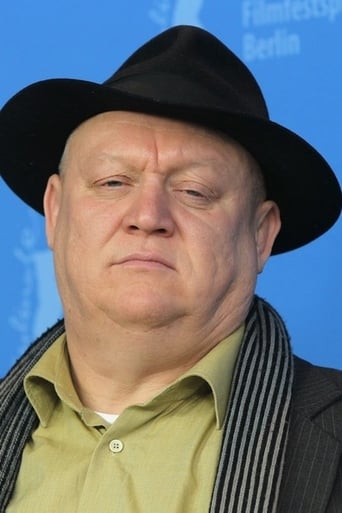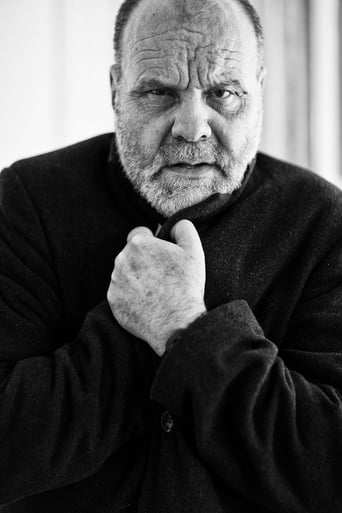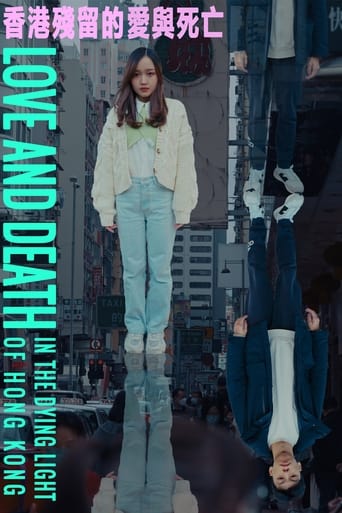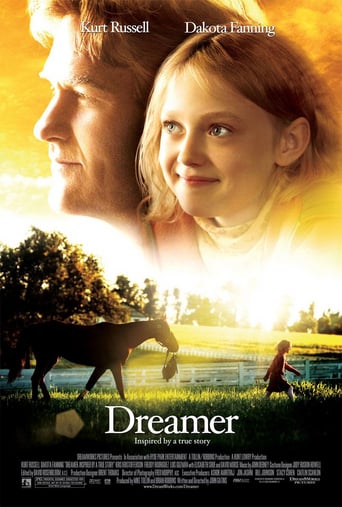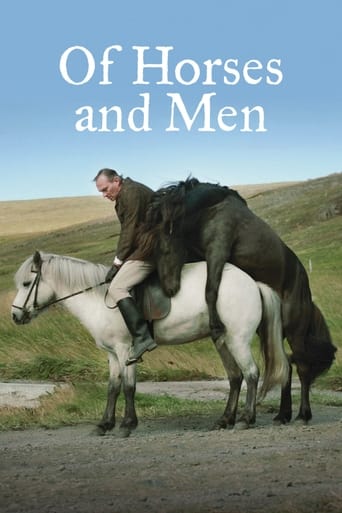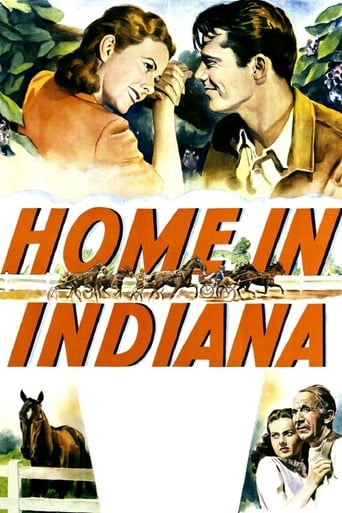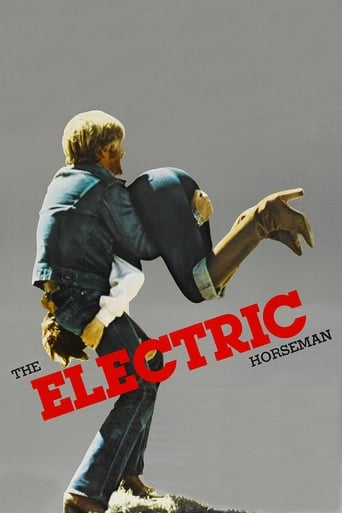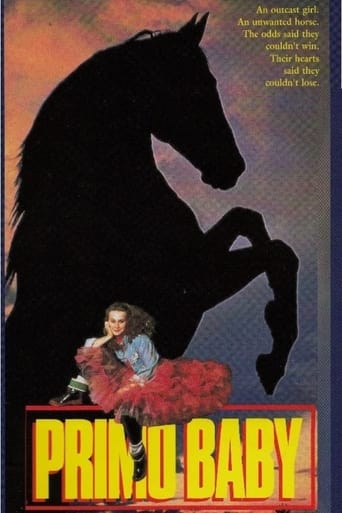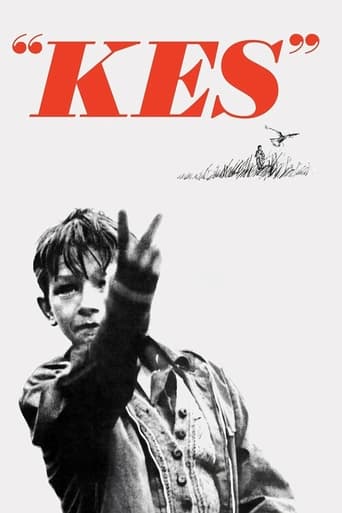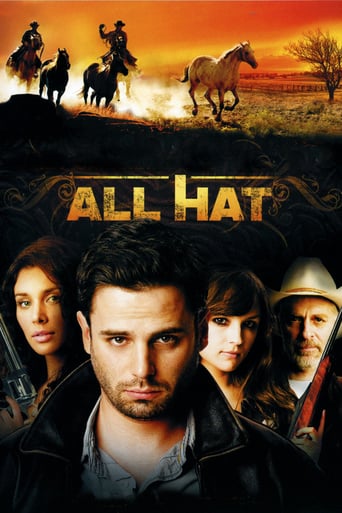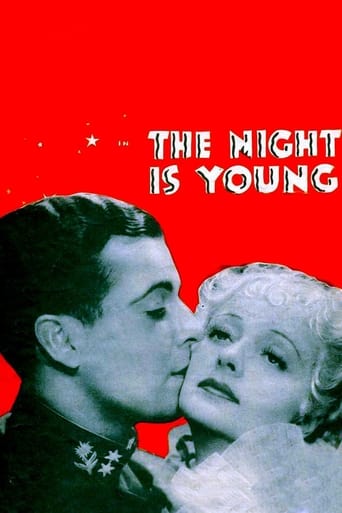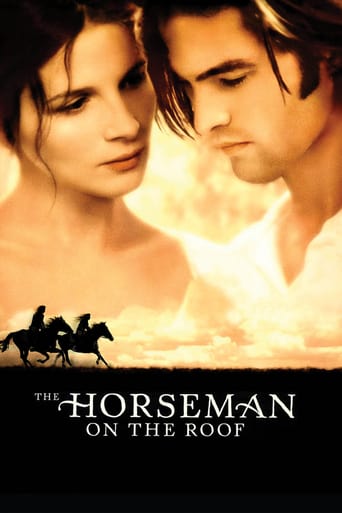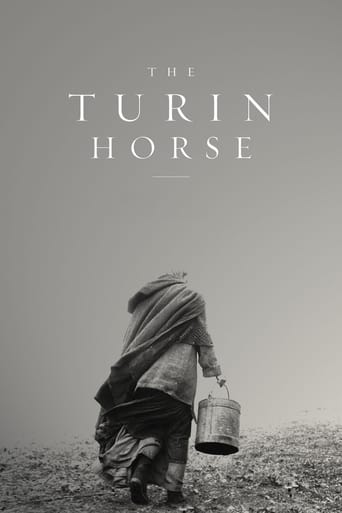
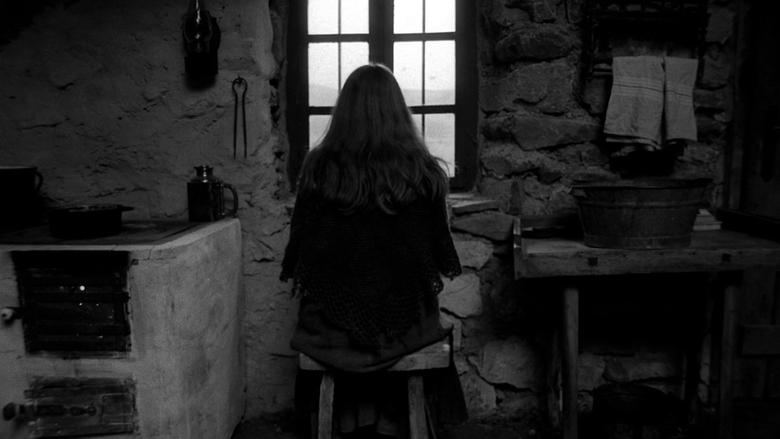
The Turin Horse (2011)
A monumental windstorm and an abused horse's refusal to work or eat signal the beginning of the end for a poor farmer and his daughter.
Watch Trailer
Cast


Similar titles
Reviews
I really liked this film. I didn't like watching this film. Tarr pushes the audience to the limit of their patience but after a while it gets under your skin. You fall into its all-encompassing, hypnotic pattern. It's humanity at its most bare - its most bleak. It is a look into humanity's most raw, pained existence. It emerges you. Philosophically rigourous, Tarr goes to great efforts to make the Nietzsche analogy and whatever you think of Nietzsche, or even if you don't, there's a bitter comedy to the way in which Tarr looks at the human condition here. It laughs in the face of meaning. Yet, paradoxically, it's a film of distinct humanity, as shown to us in the last scene. It won't be for everyone, I know. It's cinema at its most cutting; its most applied.
In 2011 Béla Tarr, a Hungarian director who had drawn acclaim for his distinctive style of long takes à la Andrei Tarkovsky and a bleak and sardonic view of human existence, released what he stated would be his last film: THE TURIN HORSE. The film's genesis is rooted in a conversation between Tarr and the Hungarian novelist Laszlo Krasznahorkai some years before: Krasznahorkai recounted the story Friedrich Nietzsche's famous breakdown in the streets of Turin after watching a cabman cruelly beat his horse. We know, Krasznahorkai noted, that Nietzsche lived on for another decade, mute and demented, in the care of his family, but what happened to the horse? Thus the two decided to make a film, but it would not be a historical film about late 19th-century Turin. Rather, the Nietzsche story only served as an initial inspiration for a more universal drama.After an introduction spoken by a narrator that briefly tells the Nietzsche story, we are introduced to a horse and his cabman, Ohlsdorfer (János Derzsi). With much effort -- the opening take of the horse pulling the cart on the road is several minutes long -- Ohlsdorfer reaches a house and a barn in the minute of a nondescript wilderness, where a savage wind blows nonstop. His daughter (Erika Bók) appears, and the two struggle to unharness the horse and lead it into the barn as the wind howls. Immediately we see that they lived alone and in poverty. The film is divided into a series of episodes, "The First Day", "The Second Day" etc. where Ohlsdorfer and his daughter repeat the same routine: she helps Ohlsdorfer dress or undress (he is partly lame), she boils potatoes that she and Ohlsdorfer eat, piping hot, with their fingers. Yet in spite of this grinding routine, each day shows the action from a slightly different angle, and we become aware that the world in which they live is breaking down. Everything happens with a minimum of dialogue, except for two appearances by visitors to their homestead that are grim portents. The horse itself gets comparatively little screen time, but is such a potent symbol that it does feel like, as Tarr calls it in the film's credits, the "main role".THE TURIN HORSE is shot in only 30 takes by cinematographer Fred Kelemen; considering the film is 2 hours 35 minutes long, that means an average shot length of 5 minutes. Tarr's visual aesthetic of very long takes is not for everyone, but if you surrender to its hypnotic effect, it can be very powerful. The slow pace puts the viewer into a hyper-aware state where you are familiarized with the most minute details of the set, some of which will later prove important in the action, while others are simply distinct and memorable quirks. It is this elevating of the stage set to nearly a character in itself that is one of Tarr's major innovations. The bleakness of Tarr and Krasznahorkai's vision is not completely oppressive. You might find some humour here, even if it is the blackest humour imaginable. THE TURIN HORSE can be readily compared to the more austere plays of Samuel Beckett which reveal human existence to be absurd, but lampoon attempts at philosophy or personal foibles in ways that can make one grimly chuckle.This sort of film isn't for everyone. Needless to say, if you like movies as simple entertainment and don't go for "arthouse" efforts, then you should steer clear of this. For more open-minded cinephiles, I'd recommend seeing the work of Andrei Tarkovsky first before you decide to go on to the even more extreme aesthetic of Tarr. But I personally found this (like a few of Tarr's prior efforts) to be a very moving experience, one that I am sure I will repeat from time to time over the years. The visual poetry of THE TURIN HORSE is incredible.
My initial reaction to the film is "here is a black and white movie, well made, sombre in spirit that takes off from the event that led to Nietzsche's eventual death." The famous nihilist, Nietzsche, who once studied to be a monk and then denounced the existence of God, ultimately went mad after he saw a horse being brutalized by a horse- cart owner when the horse stubbornly refused to pull the cart. This movie "The Turin Horse" is all about stubborn lives as well in a stubborn world.The wind blows relentlessly in a barren spot in Hungary. A partly paralyzed father and his daughter live in a house built of stones and tiles far away from any living soul with an aging horse.Director Tarr builds up a highly unreal story. The duo survives day after day on potatoes, possibly grown on the farm and some distilled liquor, possibly homemade. They live on water from a well that dries up. Could anyone live on potatoes, water and liquor for days on end?They do not appear to have a survival instinct or worry about their future. The stubborn horse refuses to eat, and kind daughter follows the horse's actions--by refusing to eat. Even lamps full of oil refuse to light up. How the daughter and horse are similar visually towards the end is remarkably achieved by Tarr and his team.The music and camera-work are laudable. So are the performances of humans and animals. The nihilism is all pervasive. It contaminates the viewer, for no logical reason. Tarr has misplaced talent similar to Miklos Jansco, whom I have interviewed 33 years ago. I love many Hungarian films--especially those of Zoltan Fabri (whom I had interviewed as well) and Istvan Szabo-- that are world class. Yet despite the high class production details, I cannot relate with the two Tarr films I have seen thus far--this one and "Werckmeister Harmonies."
Someone said before me: "Cinema dies with Béla Tarr". I believe this to be completely reasonable view; and I'm afraid it is mostly true. If this the last Tarr I will ever see, I just can't express my profound sadness. Sadness that whispers me gently into sleep in a dark and hollow room I call home.Béla Tarr is the voice in the wilderness, wilderness of most humane nature. He is the wind and wailing of - not only the lonely human, but also - the turbulent tides of Hungarian history and for that matter, the whole of Europe. The essence of Béla Tarr is in the way he creates macrocosm inside the microcosm of a single human being. The wind in plateau keeps on screaming, silently whispering. Telling truths about ourselves, of other humans. Who we never quite seem to connect with. And the world keeps going on, after we are gone - the wind will be there. Probably the gypsies will also be there - still.Tarr's human is almost always and everywhere lonely, he is strong and weak, but apart from all that he (or she) is always of the most nietzschean in stature. Proud and lost; lost because of his own inescapable condition. It's also about the eternal return and it's also about the potatoes. They sure are nice and warm, bring the warmth back into your freezing body.I'm a huge fan of his Werckmeister harmóniák (2000) and Sátántangó (1994), though there is nothing wrong with his other work also - rest of his work just doesn't reach the highest peak of filmmaking. A torinói ló is a magnificent, almost indescribable finale to his career if that is how it's going to be.


